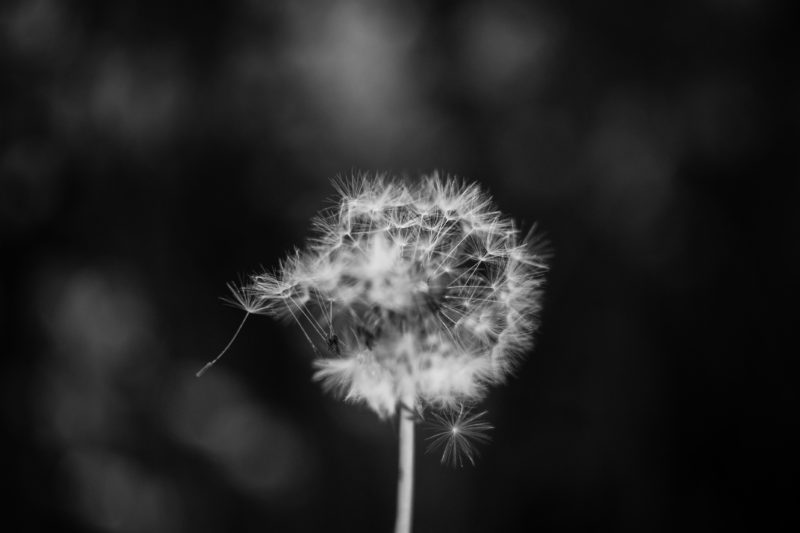By Gerlind Q. //
COVID-19 has affected the way I live and work. I was diagnosed with bipolar disorder with borderline personality disorder in 2003.
I have been fighting to accept the diagnosis, thinking: I am different from others. I am mentally ill. I am a danger to others. I am a shame to my parents.
17 years later, I consider myself lucky that my condition is manageable. But despite medication, people with bipolar disorder still have good and bad days. On good days you are all smiley and confident, you feel like nothing in the world can stop you, you have unrealistic ambitions, drives, and goals. But that feeling only lasts for a while, maybe an hour, or a day. On bad days, all you can do is to stare out the window and wonder, should I give up or continue fighting? Getting out of bed to brush your teeth, shower, or eat all seem impossible. All you can do is sleep or stare into space. You won’t answer your friends’ calls. If someone asks the most feared question, “Are you okay,” you start crying uncontrollably.
People see us “bipolar patients” and all they think is “mood swings”. Aiya, don’t think so much lah. Go for a walk, you’ll be fine. She’s probably on her period, her face so black like everyone owe her money.
When I was down, people did not understand how difficult it was for me to go to work and fake a smile, to maintain that “positivity” so I can get through the day. By the time I get home, I’m a deflated balloon… all I want is to be left alone.
I work in the funeral Industry serving bereaved families. I used to work for my father. I was good at my job — families were impressed and would give me extra red-packets to express their gratitude, telling my dad how good a job I’d done. But my father constantly belittled me, saying useless, trash, lazy, that no one else would hire someone like me. My doctor even called my dad to tell him to go easy on me because I was on the verge of giving up. Sometimes I still have to beg him to help pay my medical bills. Not all my medication is subsidized: an 8-week prescription can easily cost me at least $900. He thought I was pretending to be sick just to score some sleeping pills and get high.
Nine years later, I decided it was enough and it was time to start my own business.
My work is affected by the pandemic. Families are advised to hold a shorter wake, shortened from five days to three days. There are a lot of inconveniences imposed due to Covid-19, such as having limits on the number of people gathered for the funeral and cremation services (no more than 10 people). There won’t be buffet dinner provided and family members are to keep track of all visitors and their personal details. Scheduling the visitation hours are crucial. Masks, hand sanitizers are also provided at cordoned entrances and exits.
Due to these measures, family members are unable to properly bid their farewells and have closure on the passing of their loved one. The older generation with larger households struggle with picking only 10 people to represent the entire family to pay their respects to the deceased. Many extended family members such as siblings of the deceased are unable to attend the funeral.
With the limited number of visitors, it also means the amount of condolence donations collected will be a lot lesser than on a regular day, so the family will have to either fork out more cash to pay for the funeral or they work within a budget to save costs. With this being said, I would offer good-will discounts, costs saving solutions.
Many people do not take the time to understand our stories. Society penalises the sick, discriminates against them, denies them of job opportunities. If we fail to declare our condition on a job application form or during job interview, we worry about being found out and dismissed. If we declare our condition, the chances of getting the job is as good as zero.
Who would choose to go through such painful ups and downs? The medications that help us function day to day do not come cheap, either. When society pushes us away, where are we to go? We are just like you: we need friends, families, support groups, medication, and jobs.
It’s now even trickier with the current COVID-19 pandemic. It was difficult to cope with in the beginning because of the panic hoarding of food, medical supplies and necessities. For people like me, who suffer form panic attacks and fearful of crowds, I would have to avoid the regular hours and by then there will be nothing left.
With social distancing, it can get depressing as I am all on my own. I do my best by finding things to keep myself occupied, like watching TV, reading, listening to music or even just browsing the internet helps to pass time and distract me from thinking or sinking towards the down side.
We are fighting a battle within ourselves so we can fit into your world. So you won’t notice that we’re different when we brush shoulders on the street, when we work together or befriend each other. Yes, we are different in a lot of ways, but we are survivors, we are fighters. And yes, we are not “normal”… but who is?
Gerlind Quek, 40, was diagnosed with bipolar disorder in 2003. She works with bereaved families in the funeral industry and won the Women Entrepreneur Award in 2018. She has a diploma in Psychology and a degree in Sociology and Criminology.
Do you have a story to share? Write to us here.
Read more of our Tapestry Stories here.
Image credit: Dawid Zawila

